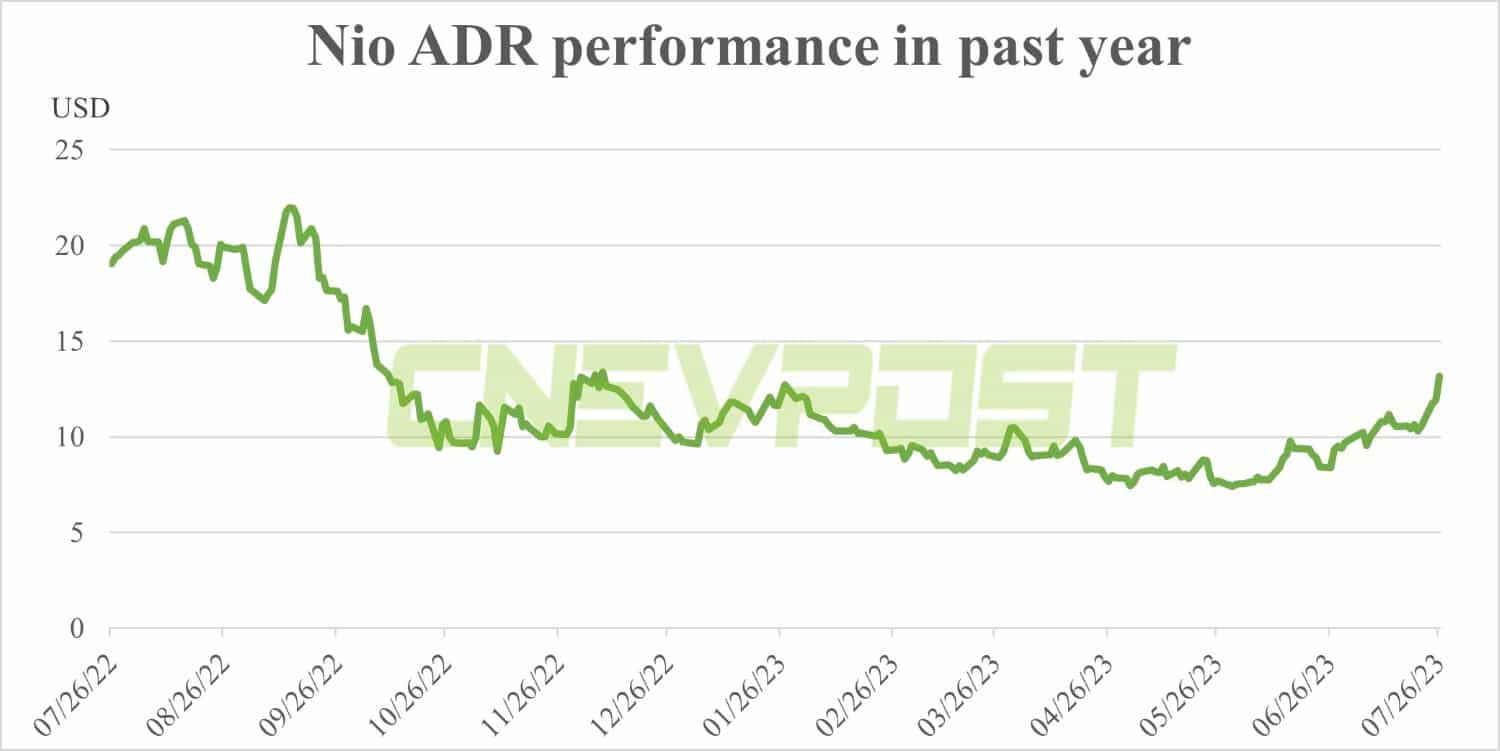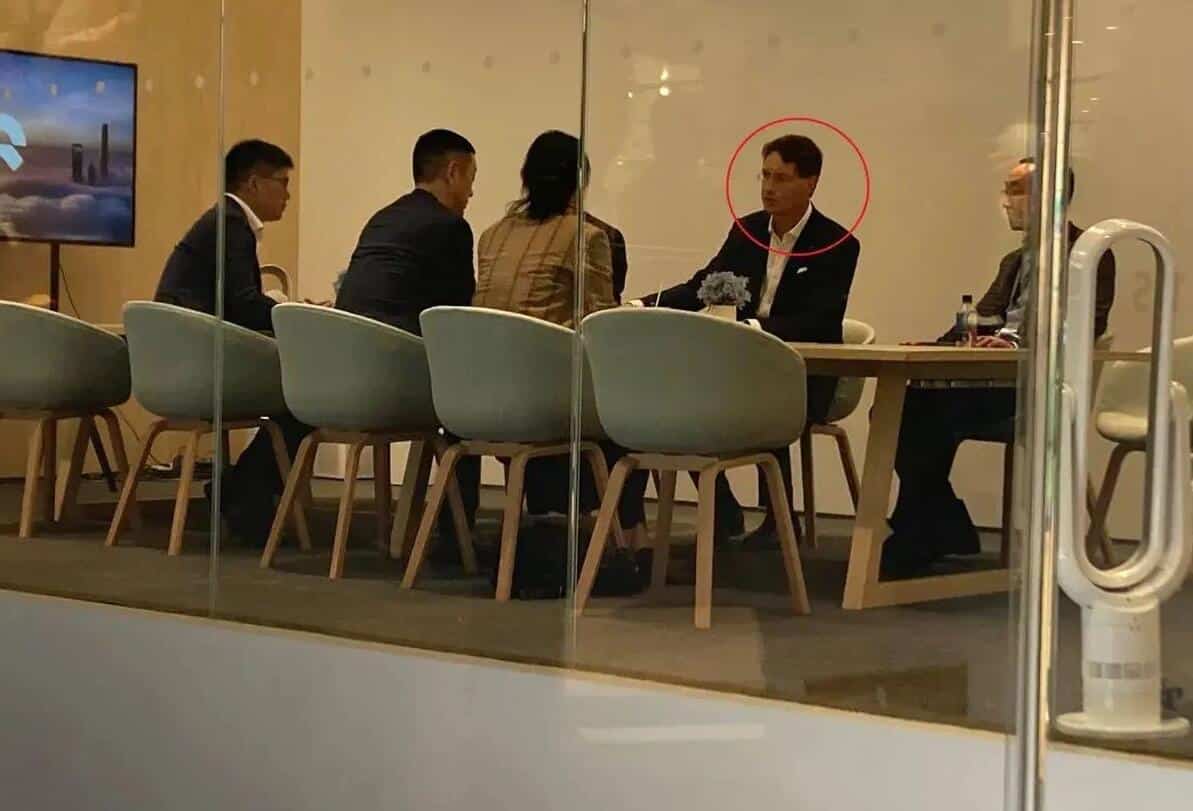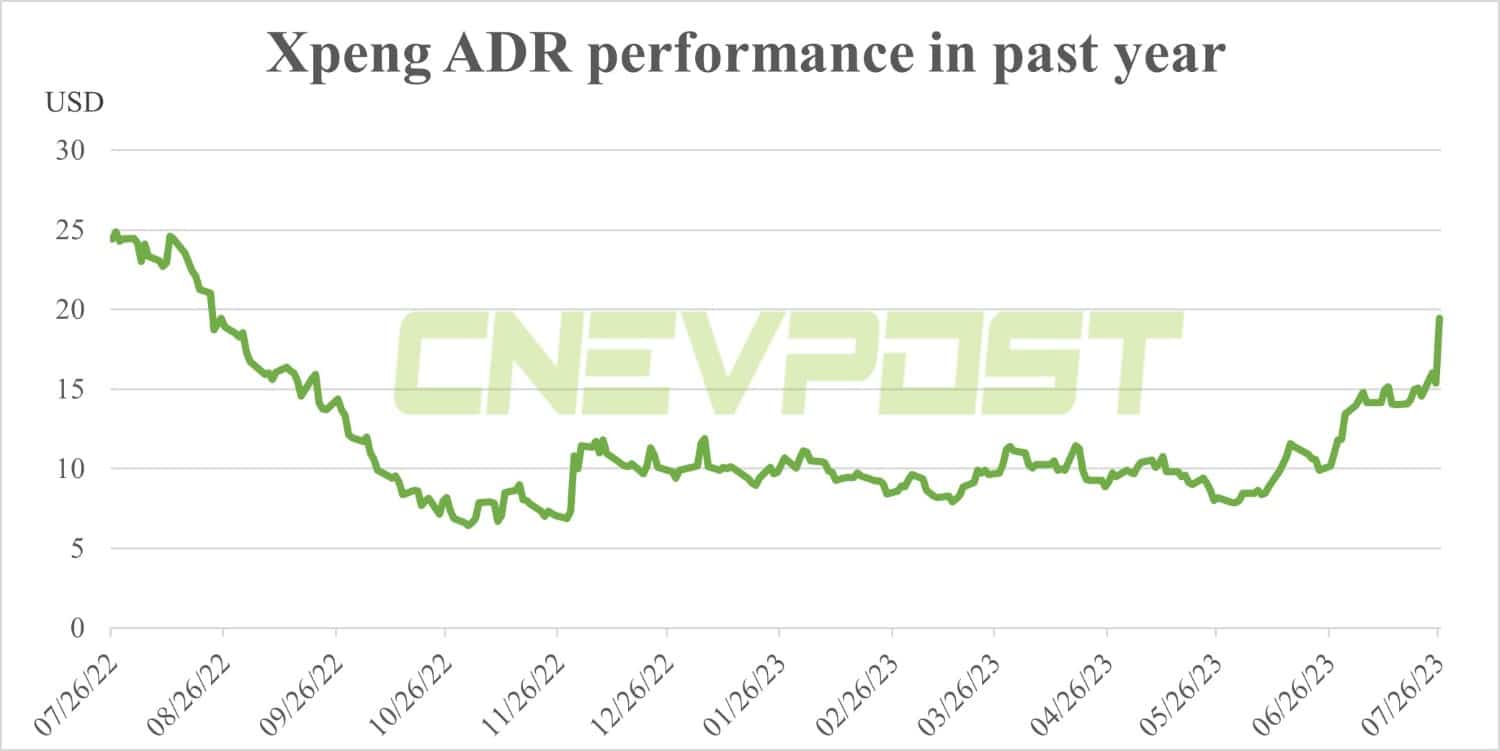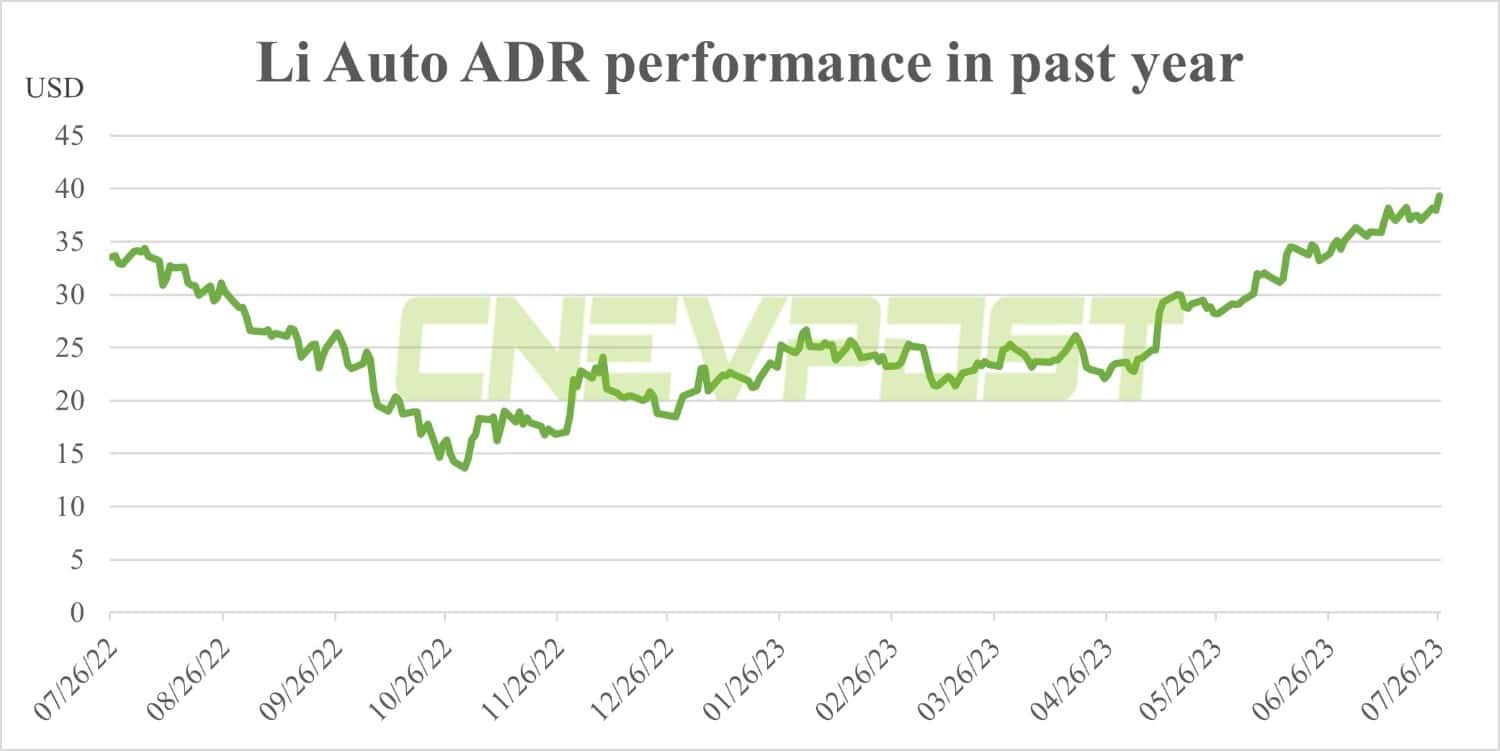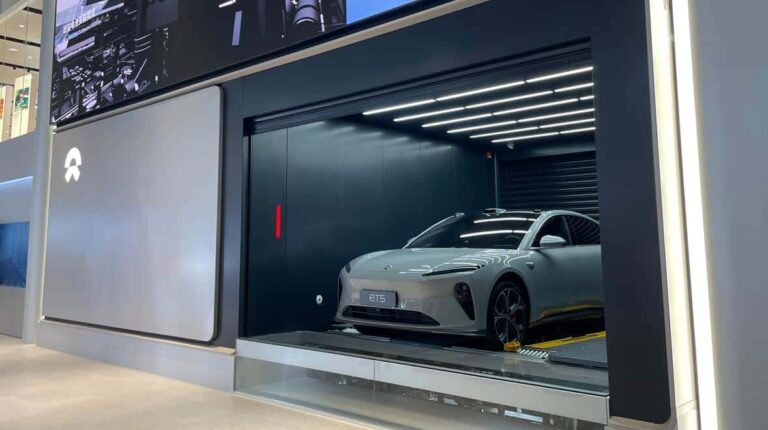While Xpeng surged 26.69 percent in the US, Nio also rose 10.58 percent, Li Auto was up only a modest 3.56 percent -- why?
The partnership between German auto giant Volkswagen and Xpeng (NYSE: XPEV) sent the Chinese electric vehicle (EV) maker surging nearly 30 percent in the US yesterday.
Meantime, Xpeng's local counterpart Nio (NYSE: NIO) also gained more than 10 percent in the US yesterday, even though there wasn't any major news about it. Many people are aksing why this is.
One speculation is that Volkswagen's landmark deal with Xpeng could become a case that many other foreign car companies could copy in China. As for Nio, many might expect it to strike a similar deal with German luxury carmaker Mercedes-Benz.
Over the past few months, rumors of a Nio-Mercedes partnership have circulated from time to time, though none of these have been confirmed.
Since the end of May, an image of Mercedes CEO Ola Källenius meeting at a Nio House with people including Nio's founder, chairman, and CEO William Li has been circulating often on social media.
It is not clear when the image was taken, and many had been curious as to what exactly they talked about.
On June 13, a screenshot appeared in several WeChat groups with text claiming that Mercedes-Benz would be using Nio's battery swap network and would be building its next-generation models based on Nio's standards.
The image mimicked the style of the Nio App page as well as the company's statement, although the account of this false statement did not exist among Nio App users.
Nio's legal department later left a message in a Weibo post that shared the image saying that it was a forgery.
As of now, all the rumors of Nio and Mercedes partnership have not been confirmed by any party.
But with Volkswagen's announcement yesterday of a $700 million investment in Xpeng and the co-development of EVs, many seem inclined to be bullish on Nio's potential for a similar deal.
Foreign brands are all clearly on the back foot in China's highly competitive EV market, and without bold moves, a continued share decline awaits them.
In their plans announced yesterday, Xpeng and Volkswagen will initially co-develop two B-segment BEVs sold under the Volkswagen brand in China using the Xpeng G9 platform and ADAS software, with production expected to begin in 2026.
After the plan was made public, Xpeng rose 26.69 percent to $19.46 at yesterday's US stock market close, its biggest one-day gain since November 30, 2022.
Nio also rose 10.58 percent to $13.17 at yesterday's US close, after the company gained 10.87 percent just two days earlier.
At press time, Xpeng was up 32 percent to HK$79.85 in Hong Kong today, while Nio was up 11.4 percent to HK$103 in Hong Kong.
By comparison, their local counterpart Li Auto (NASDAQ: LI) has been a lukewarm performer, closing up 3.56 percent in the US stock market yesterday and currently up 4.37 percent in Hong Kong.
That could be because Li Auto's shares have outperformed those of Xpeng and Nio over the past few months, so investors tend to favor the laggards when sentiment improves.
Meanwhile, both Xpeng and Nio currently offer only battery electric vehicles (BEVs), which are seen as the future of the auto industry. Li Auto, on the other hand, currently only offers extended-range electric vehicles (EREVs), essentially plug-in hybrids, which are seen by many as transitional products.
A Volkswagen executive had previously caused displeasure with Li Auto's founder, chairman, and CEO Li Xiang for his negative views on EREVs.
In September 2020, Stephan Wöllenstein, then CEO of Volkswagen China, said that extended-range EVs have some value from a single-vehicle perspective, but from the perspective of the entire country and the planet, it's nonsense and the worst possible solution.
This pissed off Li, who responded at the time that Li Auto would be more than willing to test the energy efficiency and environmental friendliness of Volkswagen's state-of-the-art PHEVs against each other to see who performs better with real numbers.
On December 22, 2021, Li posted a chart on Weibo showing that since deliveries began in December 2019, Li Auto's first model, the Li One, became the top-selling mid-size SUV in China after 24 months.
Sharing the chart, Li said, "Thanks for the prodding, we'll keep going," intended as sarcasm at Volkswagen.
On July 15, 2022, Wöllenstein said again that the extended-range hybrid is a transitional technology and that Volkswagen will not pursue it.
